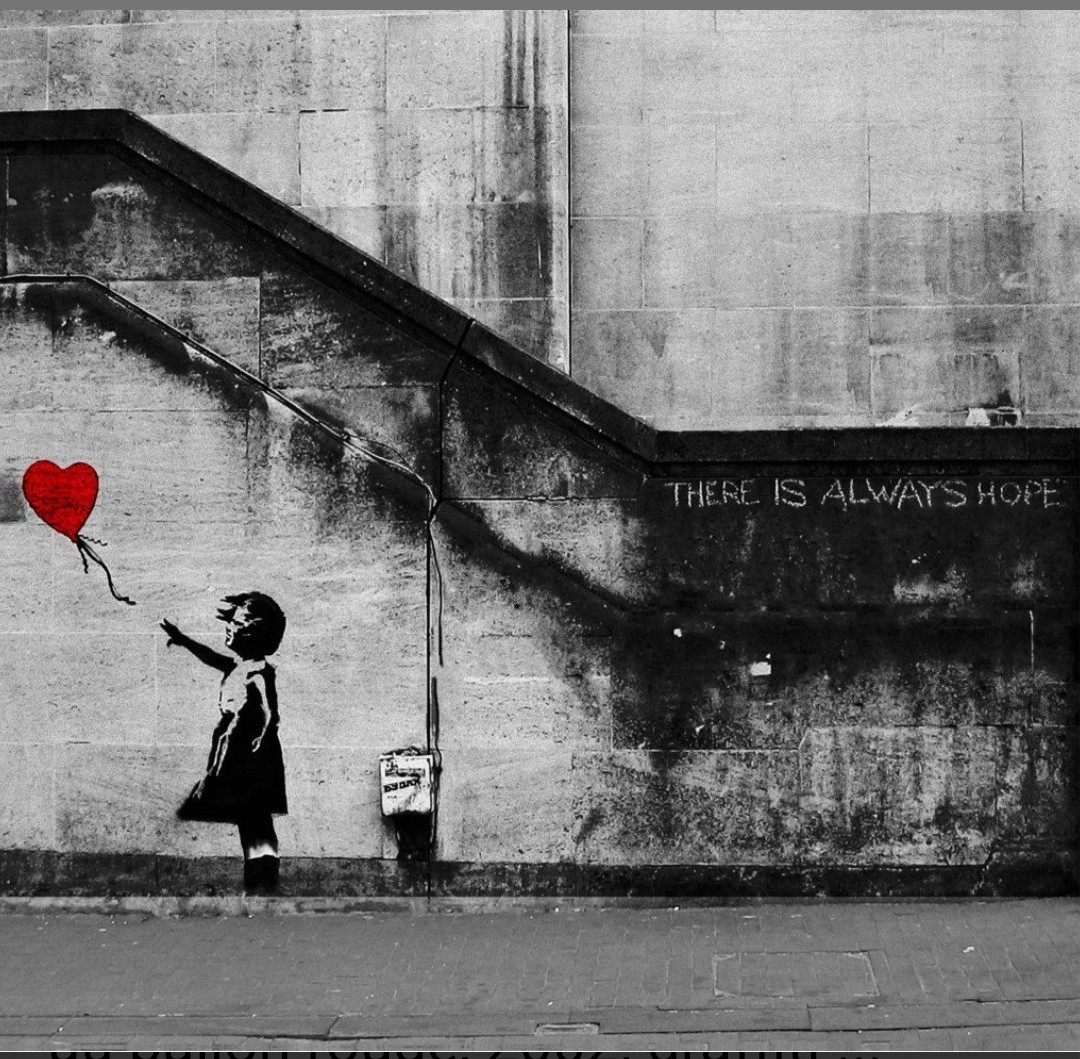Listening to the song by Levante “La rivincita dei buoni” (“The revenge of the good”), in which the singer engages in a struggle to find happiness (“Vincerò le mie paure, indosserò l’armatura migliore” – “I will defeat my fears, I will put on better armour”) – and more precisely an interior struggle (“La mia antagonista porta il mio nome, Che vinca il migliore” – “My antagonist has my name, May the better man win”) – I remembered the passage in Romans 7: 14 – 25, on which we – novices of the first year – meditated during the retreat of our first probation.
In this passage, Paul describes the interior struggle that takes place in him: his desire for good clashes with evil (which he doesn’t desire), but which – in fact – he does. “[…]For I do not do what I want, but I do what I hate. […]For I do not do the good I want, but I do the evil I do not want. Now if [I] do what I do not want, it is no longer I who do it, but sin that dwells in me.”
I think that everyone can identify himself with the experience of Paul and this bears testimony that inside of us there are dynamics outside of our control. In front of these mechanisms, our spontaneous reaction is a tenacious fight against them, achieving however the opposite outcome: we become the victims of these processes and instead of having control over them, we are controlled by them. The more effort we make, the more these dynamics acquire power and swallow us up… the more we commit ourselves, trusting only in ourselves, because we believe that everything is in our hands, the more we find ourselves defeated…
So how can we win this interior struggle, if our every effort seems to be useless, or worse still counterproductive?
I think we can find help in the example of Jesus, whose entire existence stands out for his abandonment, total abandonment to the love of the Father; this way of being reached its climax of intensity as he approached his death, when he said: “not as I will, but as you will”. And it was in this way that he was able to defeat evil (and all the dynamics that block and paralyse us), that is by “letting go” definitively of his hold even on his own life.
And why are we so surprised if we need to let go, give up in order to win?
After all, he teaches us that to be first, we need to become last; that “whoever wishes to be great among you will be your servant; whoever wishes to be first among you will be the slave of all”; that “everyone who exalts himself will be humbled, but the one who humbles himself will be exalted”; etc… Among the many paradoxes he teaches us, this one seems to me the most comprehensible – or at least – the most verifiable… all we need to do is “simply” be disposed, without having the presumption to go beyond our capabilities, to letting ourselves go to the sweet flow of Life, without those fears that make us cling to false and transitory securities, because it is precisely this clinging and resisting that – in the end – hurts us and the other.
And so yes – even if it seems strange, especially for us who were taught that we always need to have everything under control at all costs – to win we need to learn to trust, to let (and let ourselves) go, just as is said in a wonderful song by Niccolò Fabi: “E apro piano le mani,
Cerco di non trattenere più nulla, Lascio tutto fluire, L’aria dal naso arriva ai polmoni, Le palpitazioni tornano battiti, La testa torna al suo peso normale, La salvezza non si controlla… Vince chi molla.”
“And I open my hands slowly,
I try not to hold back anything anymore, I let everything flow, The air from my nose reaches my lungs, Palpitations come beating back, My head returns to its normal weight, Salvation cannot be controlled … He who lets go wins”.
Or, to say it with another evocative image, we need to do things “lightly” (not to be confused with “superficially”!):
“It’s dark because you are trying too hard.
Lightly child, lightly. Learn to do everything lightly.
Yes, feel lightly even though you’re feeling deeply.
Just lightly let things happen and lightly cope with them. […]
So throw away your baggage and go forward.
There are quicksands all about you, sucking at your feet,
trying to suck you down into fear and self-pity and despair.
That’s why you must walk so lightly.
Lightly my darling.”
(Island – Aldous Huxley)
Lorenzo Zura, first year novice

Comments